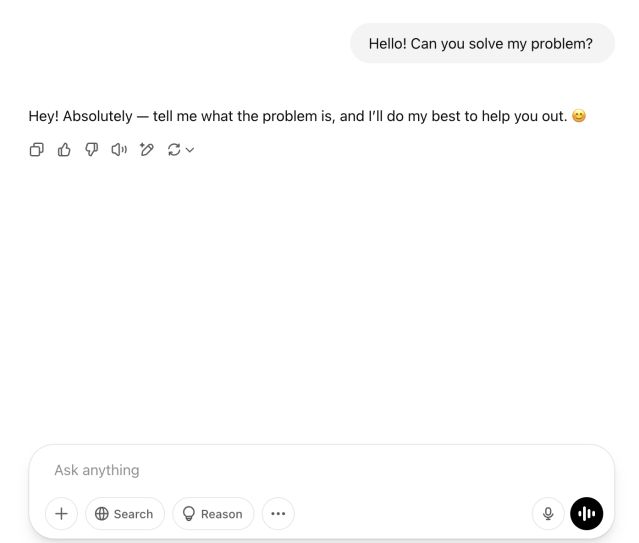The Neuroscience of Personal Growth: How AI Can Make You Smarter or Dumber
In today’s digital age, Artificial Intelligence (AI) has become an integral part of our lives, transforming the way we learn, work, and interact. However, a pressing question remains: Will AI make you dumber or smarter? The answer lies not in the technology itself, but in how you choose to use it.

Recently, I spoke to a group of university educators who were concerned about students relying heavily on AI in their academic activities. They feared that this dependence could hinder the students’ creativity and growth, potentially creating a future generation of industry workers overly reliant on technology. The question on everyone’s mind was: Should we intervene?
To address this concern, let’s consider how past technological advancements have impacted society. The printing press, radio, television, and the internet have all been met with skepticism and concerns about their potential effects on human cognition. However, it’s not the technology itself that’s the problem, but rather how we engage with it.
The internet, for instance, has democratized access to information, yet the way people use it varies greatly. Some utilize it to access valuable resources, educational content, and databases, while others spend their time scrolling through social media or watching cat videos. The same principle applies to modern chatbots and AI tools.
The key to benefiting from AI lies in using it as a guide rather than a crutch. When an HR manager needs to design an event to enhance team well-being, there are two ways to approach the task using AI:
- Outsourcing creativity: The manager can ask the chatbot to provide a detailed plan for the event, complete with timestamps and activity descriptions. While this might result in a quick and effective solution, it doesn’t contribute to the manager’s professional growth.
- Guided learning: Alternatively, the manager can use AI as a mentor by asking it to guide their learning and planning process. The chatbot can provide thought-provoking questions, critique suggestions, and help the manager develop their own ideas.

By adopting the second approach, the HR manager can harness the potential of AI to enhance their creativity and agency. This method is akin to having a personal tutor who pushes you toward your zone of proximal development, rather than simply solving problems for you.
Using AI Effectively
Rather than restricting AI use, we should focus on teaching individuals how to utilize it effectively. By doing so, we can amplify our learning capabilities and foster personal growth. The goal is to use AI as a tool that complements our cognitive abilities, rather than replacing them.
In conclusion, AI’s impact on our intelligence is not predetermined; it depends on how we choose to engage with it. By being mindful of our approach and using AI as a guide, we can unlock its potential to enhance our creativity, agency, and overall cognitive abilities.


